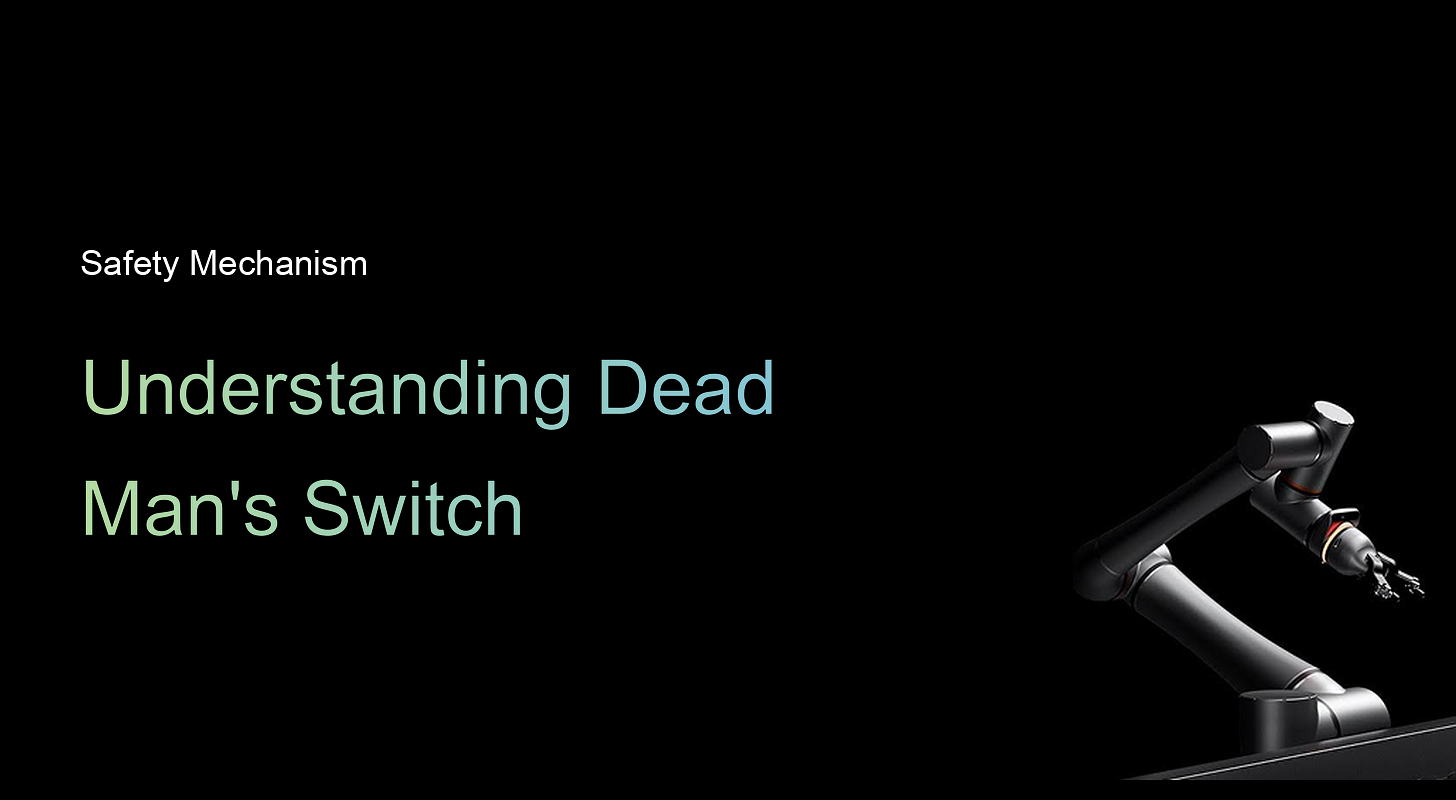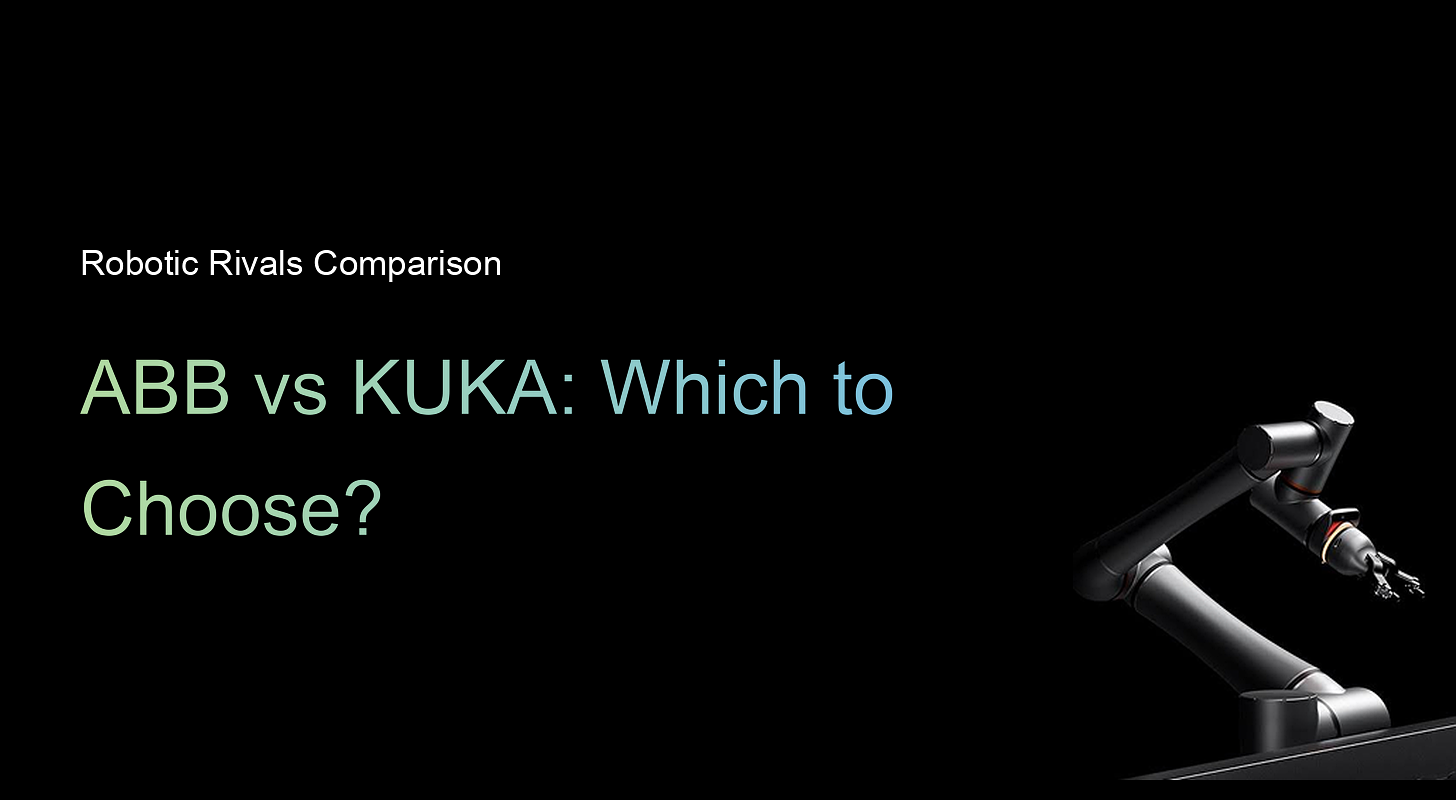In 2025, Yaskawa robot prices range between $14K and $200K+, based on the model, application, and level of integration.
The company leads industrial robotics worldwide, building machines for welding, assembly, packaging, and material handling. Yaskawa’s lineup includes compact cobots and high-payload systems that power automotive production lines.
Hardware, software, and installation determine the final price, with options across the GP and AR series, MotoMini, and HC cobots, along with related software and ownership costs.
What are Yaskawa robots?
Yaskawa robots are industrial machines built for welding, assembly, packaging, and material handling. The company was founded in Japan, operates globally, and assembles some models in the U.S.
Yaskawa’s Motoman line of industrial robots is its most recognized product family. Automotive, electronics, logistics, and metal fabrication sectors use these robots worldwide. The company’s focus is on building fast and reliable systems that integrate into automated production lines.
Yaskawa has developed a broad portfolio to meet different manufacturing needs:
- GP series (General Purpose): Priced at $14K to $35K+. Versatile arms for assembly, packaging, and material handling. Available in multiple payloads and reaches, with popular models like GP7, GP12, and GP25.
- AR & MA series (Welding): Priced at $60K to $120K+. High-precision welding robots with long reach and integrated arc welding packages, widely used in automotive and heavy manufacturing.
- HC series (Collaborative): Priced at $25K to $50K+. Cobots designed to work safely alongside people without fencing, with models like HC10 and HC20 suited for mixed workflows.
- MotoMini: Priced at $18K to $25K. Ultra-compact, 7 kg lightweight robot for tight-space, small-part assembly in electronics and medical sectors.
Yaskawa robot price list by type
Yaskawa keeps high-payload model pricing private, but market estimates for 2025 show:
General-purpose industrial arms (GP series)
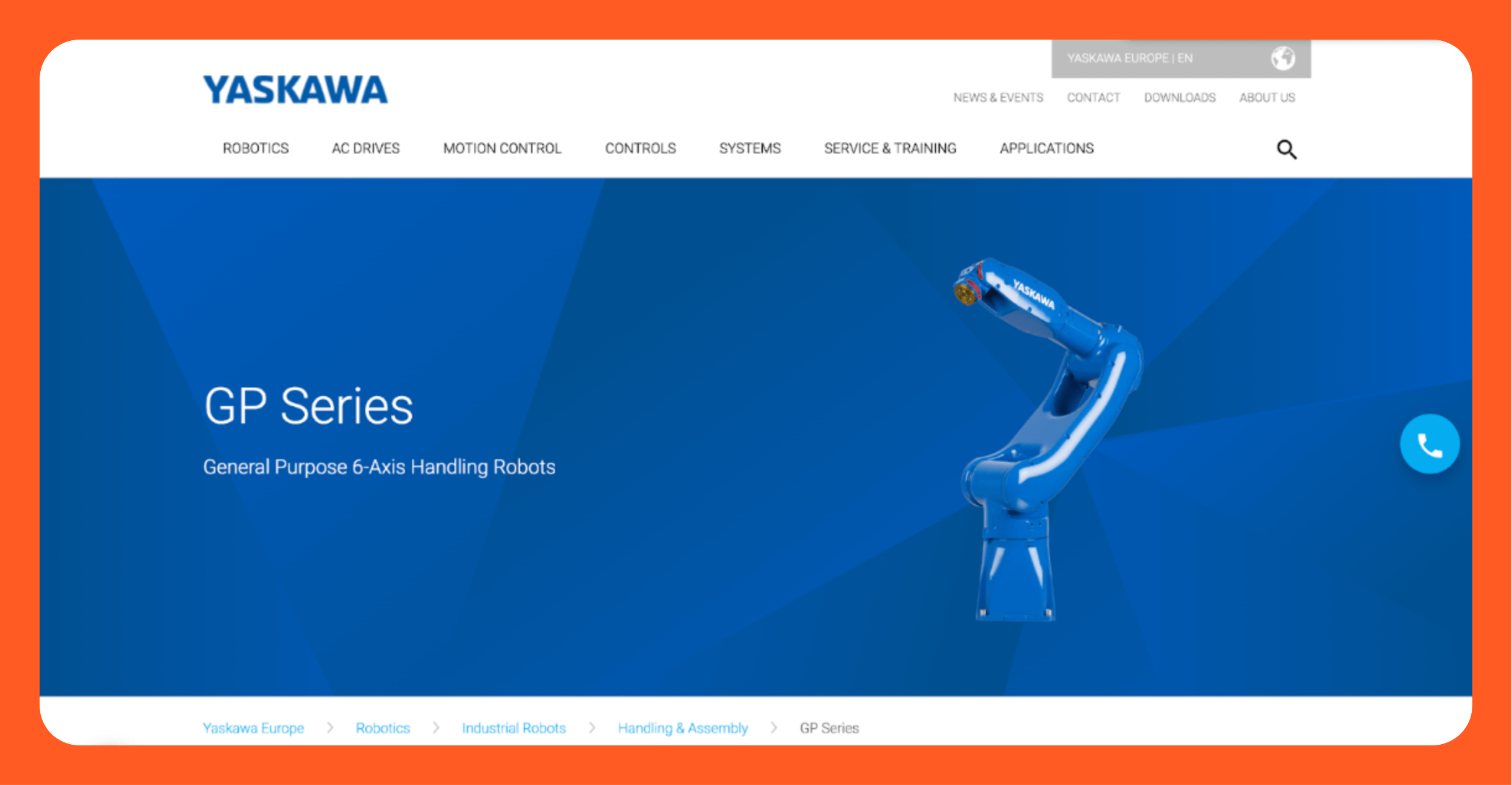
The GP series is Yaskawa’s most widely used line of industrial robots. These are fast, compact arms designed for tasks like assembly, packaging, and material handling. They're popular because they’re flexible, easy to integrate, and available in a range of payload and reach combinations.
- GP7: $14,000 to $18,000 new; $8,500 to $12,000 used or refurbished
- GP8: $15,000 to $20,000 new; ~$10,000 to $14,000 used
- GP12 / GP25: $20,000 to $35,000 new; $14,000 to $22,000 used
GP7 is a common entry-level choice for small to mid-sized manufacturers, with a 7 kg payload and high speed for pick-and-place or light assembly.
Welding robots (AR & MA series)
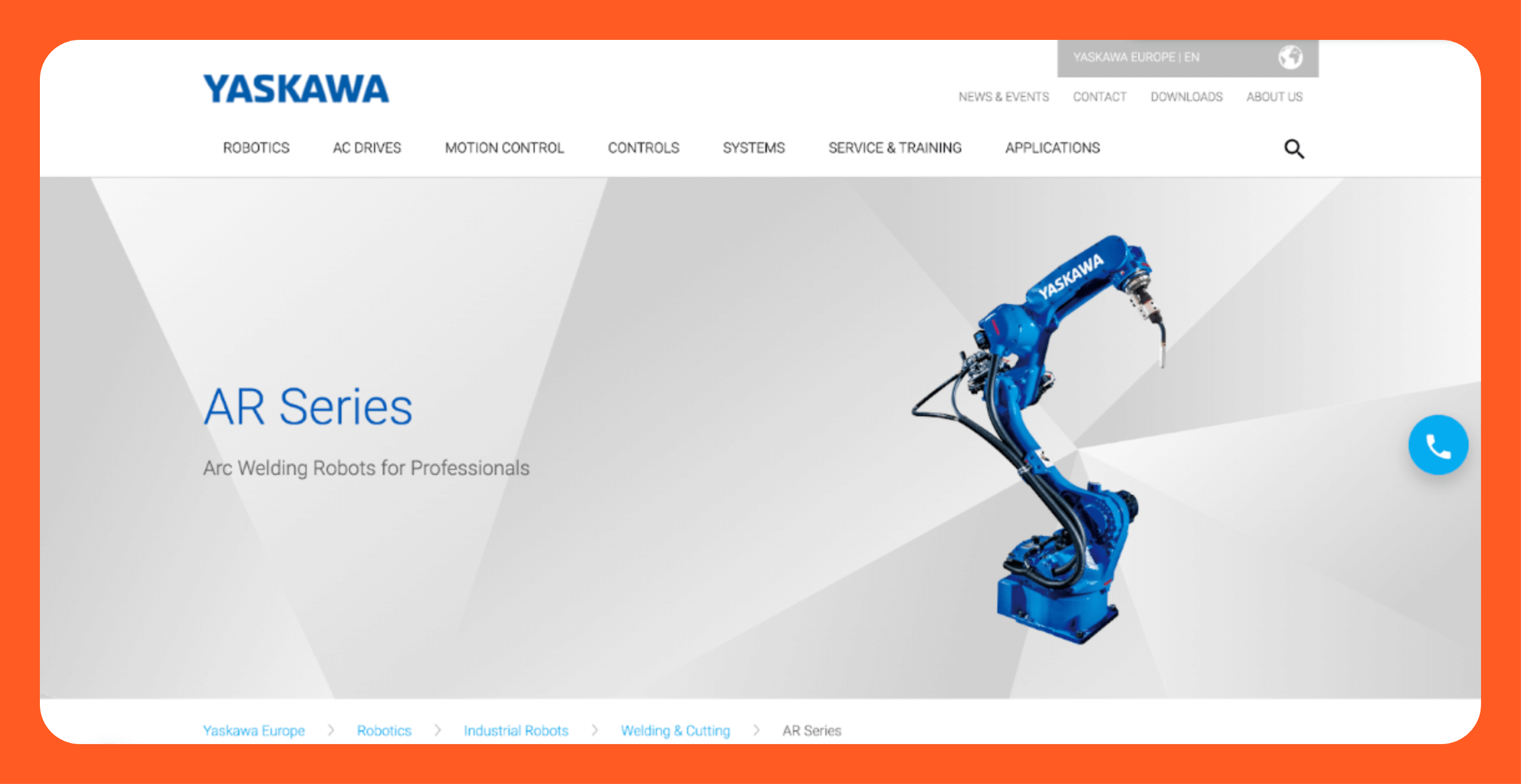
Yaskawa welding robots are high-precision arms engineered for arc and spot welding in automotive and heavy manufacturing. They come with performance specs like 20 kg payloads, extended reach, and high wrist torque, making these robots a strong fit for arc welding cells.
- AR900–AR1440: $60,000 to $90,000 new; $42,000 to $63,000 used
- AR1730 / AR2010: $90,000 to $120,000+ new; $65,000 to $85,000 used
- MA1400: $25,000 to $40,000 used; limited new availability
Automotive, heavy fabrication, and high-throughput welding lines deploy these robots for consistent cycle times and precision.
Collaborative robots (HC series)
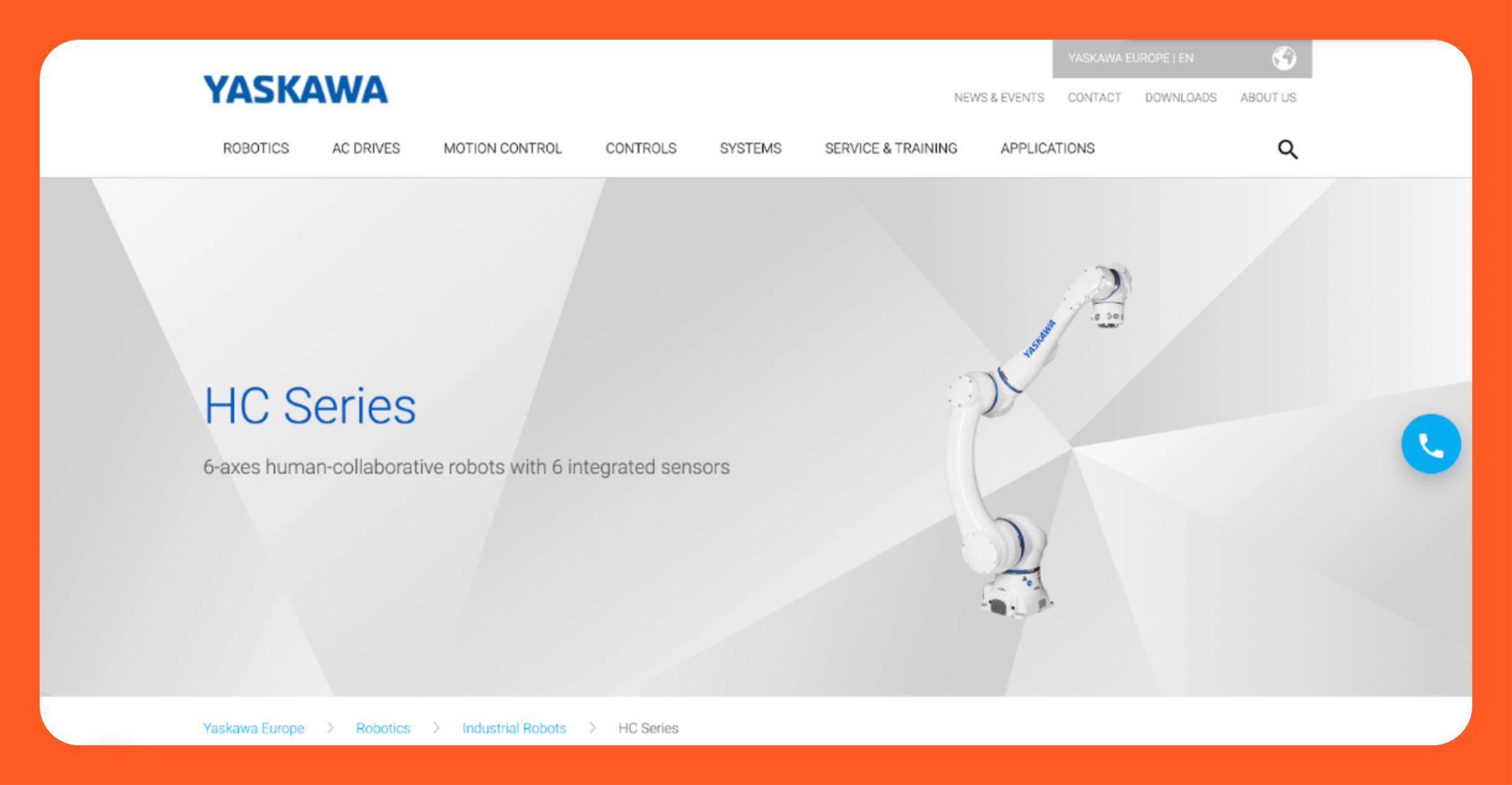
Yaskawa collaborative robots, or cobots, are designed to work safely alongside people without safety fencing. The HC series combines high payload capacity, IP-rated durability, and built-in safety sensors for mixed human-robot workflows.
Operators can hand-guide both models to set up and reprogram them directly on the shop floor.
Applications in mixed human-robot environments
HC series cobots are well-suited for tasks that require adaptability and frequent human interaction. Common applications include:
- Palletizing and pick‑and‑place operations in logistics centers
- Light assembly, quality inspection, or screwdriving across diverse sectors
- Machine tending or loading/unloading CNC or injection-molding equipment
- Food-safe and clean room applications use them for their hygienic design and certification
Compact and lightweight robots (MotoMini)
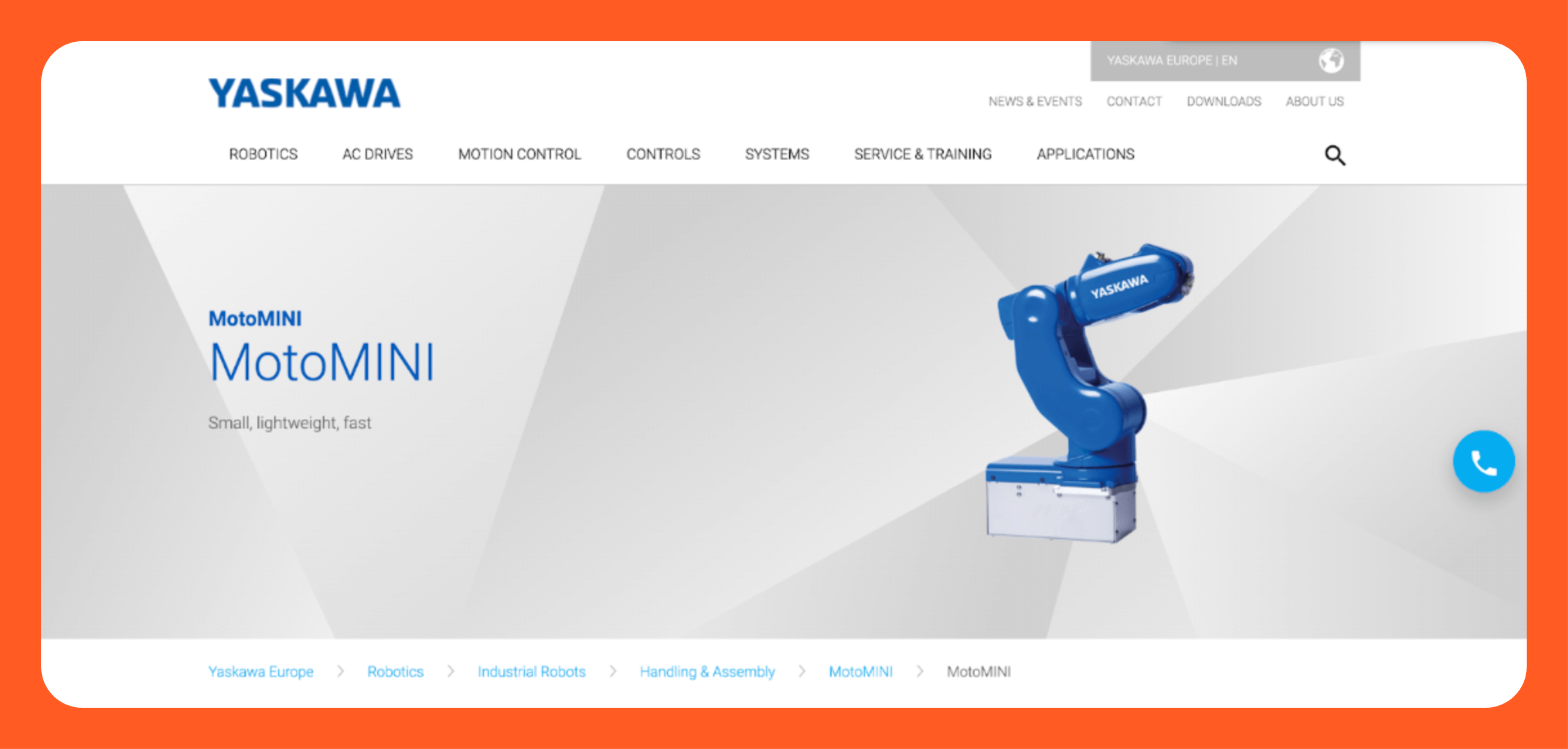
The Yaskawa MotoMini is an ultra-compact industrial robot built for speed and precision in tight production spaces. It is ideal for small-part assembly in electronics, medical devices, and other high-precision sectors. MotoMini weighs just 7 kg, handles up to 0.5 kg, and fits into tight production cells where larger arms don’t make sense.
Yaskawa MotoMini price based on current listings and dealer quotes:
- New MotoMini units typically cost between $18,000 and $25,000, depending on controller packaging and configuration.
- Dealers sell refurbished models for $8,000 to $12,000, depending on condition and whether a controller is included.
Key features and use cases:
Electronics, medical device, and small-part manufacturers use the MotoMini for its speed and precision. It offers:
- High-speed motion: Up to 20% faster than many competing compact robots, reducing cycle time
- Compact footprint: Internal cabling and a lightweight 7 kg body make it easy to mount on benches, walls, or ceilings
- Repeatability: ±0.02 mm repeatability supports high-precision assembly and inspection
- Industries served: Electronics, medical, semiconductor, and consumer goods sectors that require delicate part handling
Specialty & high‑payload models
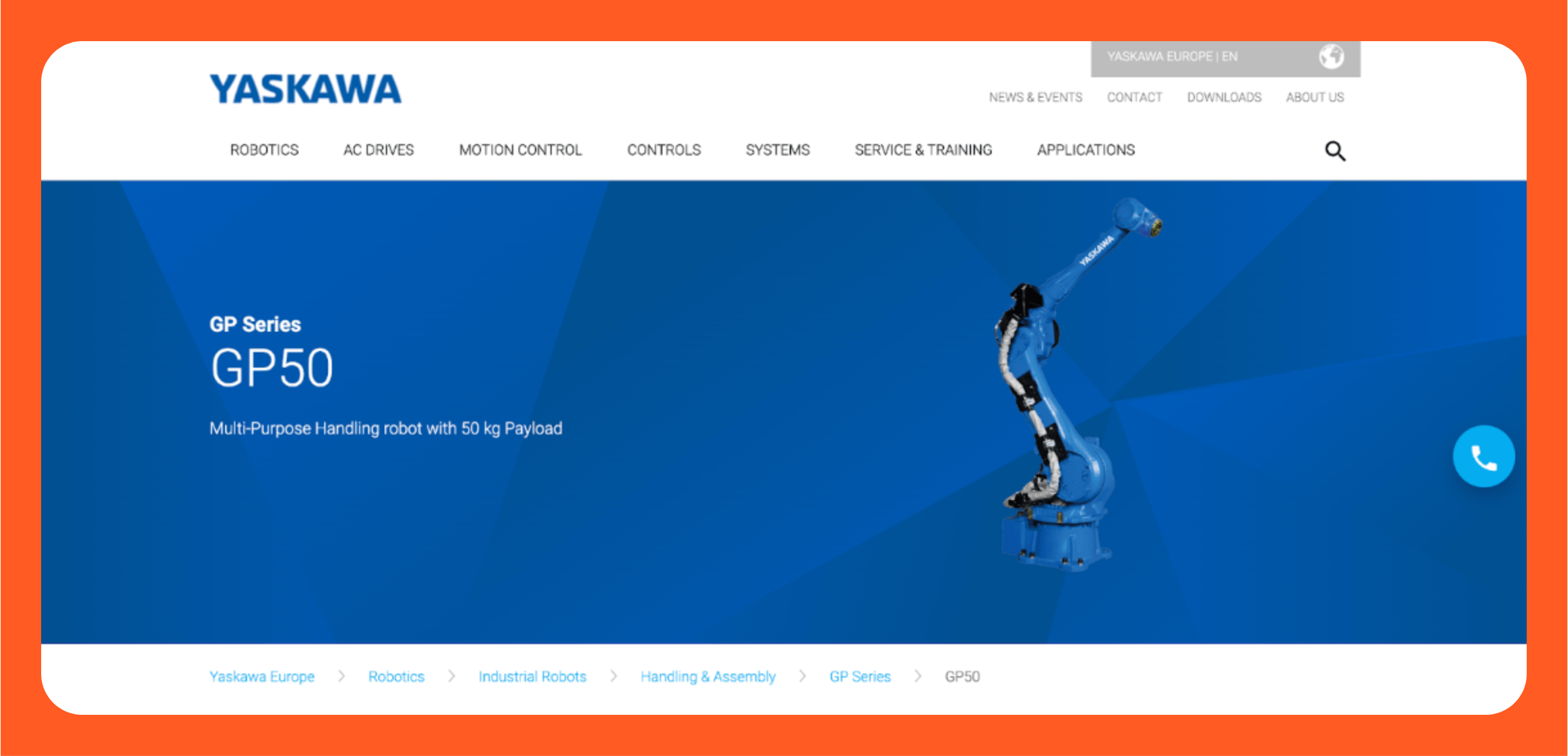
Yaskawa’s specialty and high-payload robots are designed for heavy-duty material handling, large-part welding, and other demanding tasks. They feature stronger joints, longer reach, and robust construction for industrial environments.
Yaskawa robot price for specialty models:
- GP50 (50 kg payload): ~$40,000 used; limited new pricing data
- GP180-120 (120 kg payload): $60,000 to $100,000+ new
- Custom heavy-duty (180–500 kg): $120,000 to $200,000+ new
Manufacturers use Yaskawa’s specialty and high-payload models for jobs beyond the capacity of smaller arms.
What the higher price reflects:
- Longer reach and stronger joints
- Ability to handle big or awkward parts
- Durable design that holds up in tough environments
- Advanced features for welding, vision, or heavy payload support
What drives the cost of a Yaskawa robot
The cost of a Yaskawa robot depends on its size, performance, and setup requirements. Larger payloads, longer reach, specialized tooling, and advanced safety or vision systems increase the price. Software, integration, and ongoing maintenance also add to the total investment.
- Payload and reach: Robots with higher payloads or longer reach cost more. A compact GP7 will be more affordable than a GP50 because of the added strength and structure required. These kinds of differences often explain the variation in robot arm pricing across the lineup.
- Application-specific features: Welding robots tend to cost more because they need arc welding packages, safety features, and extra hardware. Adding vision systems, force sensors, or IP-rated protection for wet or dusty environments also increases the total price.
- Software and integration: The robot is just one part of the system. You’ll also need programming, installation, and testing, usually done by an integrator. These services can cost more than the robot itself. Built-in tools like teach pendants or PLC support can help lower setup time and cost.
- Safety and compliance: Collaborative robots (like the HC series) include safety sensors and may need food-grade or waterproof components, which add to the overall price. Traditional industrial robots may require fencing and safety systems, which add cost on the facility side.
- Maintenance and total ownership: The upfront cost is just the start. You’ll also need to budget for routine maintenance, occasional repairs, and software updates. However, Yaskawa robots are known for reliability, so long-term ownership costs are often lower than cheaper alternatives.
How Yaskawa compares to alternatives
Looking ahead: Where is Yaskawa robot pricing headed?
Yaskawa robots in 2025 range from $15,000 for entry-level arms to over $100,000 for high-payload or fully integrated systems. The right choice depends on your workflow, safety needs, and ROI goals.
For most manufacturers, long-term value comes from pairing the right model with proper integration and support.
Next steps with Standard Bots’ robotic solutions
Looking to upgrade your automation game? Standard Bots’ RO1 is the perfect six-axis cobot addition to any CNC setup, delivering unbeatable precision and flexibility.
- Affordable and adaptable: RO1 costs $37,000 (list price). Get high-precision automation at half the cost of traditional robots.
- Precision and power: With a repeatability of ±0.025 mm and an 18 kg payload, RO1 handles even the most demanding CNC jobs.
- AI-driven simplicity: Equipped with AI capabilities on par with GPT-4, RO1 integrates seamlessly with CNC systems for advanced automation.
- Safety-first design: Machine vision and collision detection mean RO1 works safely alongside human operators.
Schedule your demo with our engineers today and see how RO1 can bring AI-powered greatness to your shop floor.
FAQs
1. When did Yaskawa buy Motoman?
Yaskawa bought Motoman in 1994, making Motoman, Inc. a wholly owned subsidiary of Yaskawa Electric Corporation. The acquisition expanded Yaskawa’s reach in North America and helped establish the Motoman brand as a leader in welding, assembly, and material-handling robots.
2. What is the standard warranty period for new Yaskawa robots?
The standard warranty period for new Yaskawa robots is one year from the date the product is first used, or 18 months from shipment, whichever comes first. This warranty generally covers parts and labor for manufacturing defects. Extended warranties or service agreements are available for buyers who want longer-term coverage and predictable maintenance costs.
3. Where can I find certified used Motoman robots for sale?
You can find certified used Motoman robots through Yaskawa’s official certified pre-owned (CPO) program, which ensures each unit is inspected, tested, and refurbished to factory standards. Reputable marketplaces like machinetools.com and eurobots.net also list used models, though buyers should verify the condition, included accessories, and service history before purchasing.
4. How much does annual maintenance cost for a Yaskawa welding robot?
Annual maintenance for a Yaskawa welding robot typically ranges from $2,000 to $5,000. This covers inspections, lubrication, calibration, and replacement of worn parts. Extended warranties or service agreements are available, which makes them a cost-effective choice for facilities running high-volume welding operations.
5. Are Yaskawa collaborative robots available in South Africa?
Yaskawa collaborative robots are available in South Africa through Yaskawa Southern Africa, which distributes and services the Motoman-HC series. Local support includes installation, training, and spare parts availability.
Businesses can also access application-specific advice to ensure their cobot deployment meets safety standards and productivity goals for manufacturing or warehouse environments.
Join thousands of creators
receiving our weekly articles.










.png)
